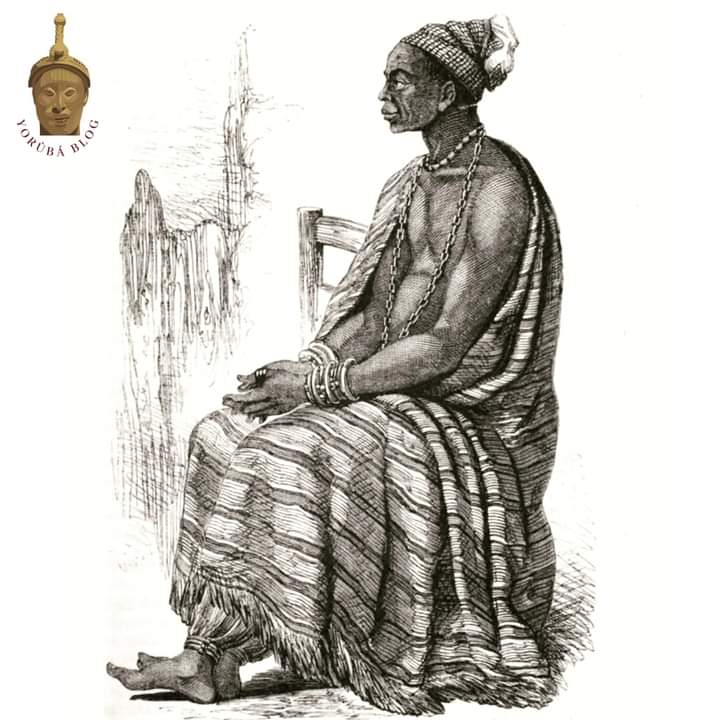
SODEKE: THE BEAU IDÉAL OF THE ẸGBA PEOPLE
Sodeke was born in Iporo in the Ẹgba forest, his father, Rogidi was a farmer, his mother, Efuwo, was said to be the daughter of Lelu-Origi, a traditional high chief. When his father died, he became the head of the Rogidi family, like his father too, he was a farmer and by the end of 1780’s, he had become one of the most successful farmers in the Ẹgba forest.
Shortly after the Owu War of 1820-1825, the Ẹgba forest was devastated with several external attacks from Ife, Ijebu and Oyo forces. Unfortunately many of these attacks were supported by other Ẹgba towns, for instance Ilawo (an Ẹgba town) supported the Ijebus to sack Ikija. Kémta, Iporo and Emere joined forces to capture Kesi. Idomapa helped the Ifes to destroy its neighbor, Ido. Many of the saboteurs were later attacked and sacked. Clearly, àbọ̀sí ọ̀ lérè.
Those who survived the attacks ran to Ibadan which at that time was a military/refugee camp. Sodeke was one of the Ẹgba survivors who later arrived in Ibadan. Still, the Ẹgbas continue to face persecution from the Ife-Ijebu camp, two Ẹgba leaders, Yesa and Lamodi died in this struggle, it was now glaring that the Ẹgbas were not wanted and they had to move, first they settled at a place called Oke-Ona, during this time the Ẹgbas had no leader because no one was brave enough to step into that shoe except for one man, Sodeke, who at that time was the Seriki or Youth leader in today’s parlance.
Sodeke led over hundred thousand Ẹgbas to settle at the foot of the Olumo Rock, although several other survivors had seek refuge under the Rock before they arrived, Sodeke’s movement was said to be the biggest and it was from there the city sprung up to become Abeokuta.
In order to increase population and fight against impending external attacks, Sodeke encouraged an open-door policy, he welcomed new settlers and visitors, he helped the saros locate their families. He warmly received two European missionaries, Birch Freeman and Townsend in Dec.1842 & Jan.1843 respectively. The first ever Christian service in Abeokuta was held in his compound.
He died on January 10 1845.

